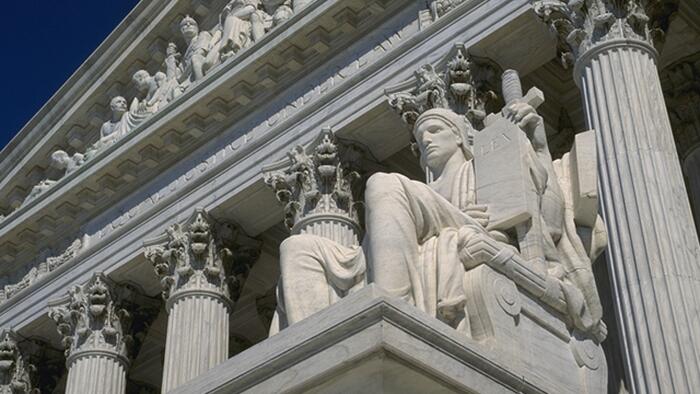The recent panel discussion at Harvard’s Kennedy School of Government explored the constitutionality of religious charter schools, a significant issue heightened by the U.S. Supreme Court’s ruling in the Carson v. Makin (2022) case and initiatives to establish religious charter schools, such as the St. Isadore of Seville Catholic Virtual School in Oklahoma for the 2023-2024 year. This ongoing debate builds on historical references to Supreme Court cases and statements from previous administrations, including key remarks from Justice Stephen Breyer and President Bill Clinton. These developments have added urgency to discussions concerning the role of faith in education and the boundaries of government involvement in religious schooling.
The Carson v. Makin (2022) case was pivotal in advancing the discussion about religious charter schools. In this case, the Supreme Court concluded that Maine’s program, which provided vouchers for non-religious private schooling but excluded religious options, constituted unconstitutional discrimination against faith-based institutions. The decision was delivered by Chief Justice Roberts and marked a departure from prior understandings of how states could engage with religious education. This landmark ruling underscores an evolving interpretation of the First Amendment’s Establishment Clause, prompting further inquiries regarding religious charter schools’ status in U.S. education.
Three core issues are central to any future Supreme Court decisions regarding religious charter schools. Firstly, the court must establish whether such institutions are constitutional under current law. Secondly, determining the extent to which state governments can impose restrictions on religious schools is crucial, as seen in Attorney General Adam Frey’s clarification regarding adherence to Maine’s Human Rights Act for participation in their voucher program. Finally, the court must address whether charter school operators are considered state or private actors, a distinction that will influence the potential constitutionality of religious charter schools.
The challenge of categorizing charter schools as either state or private entities complicates the discourse surrounding religious charter schools. Variations in lower court rulings, including cases like Caviness v. Horizon Community Learning Center and Rendell-Baker v. Kohn, illustrate the legal inconsistency regarding charter school status. Meanwhile, the Fourth Circuit’s decision in Peltier v. Charter Day School added another layer to the ongoing debate, suggesting that different jurisdictions may interpret the role of charter operators variably. These precedents set the stage for the Supreme Court’s forthcoming rulings on the scope and nature of religious charter schools in the broader education system.
The implication of these decisions reaches beyond mere classification; they carry significant potential consequences for educational policy across the nation. During the Harvard panel, I expressed my belief that the Supreme Court will eventually rule in favor of the constitutional viability of religious charter schools, a prediction echoed by fellow panelists, including an experienced Harvard law professor. The timeline for such a ruling remains uncertain, but the underlying consensus indicates a changing landscape for educational opportunities involving religious institutions.
Ultimately, the context of the Supreme Court’s decision will play a critical role in shaping educational frameworks in the U.S. Should the Court decide to provide a narrow ruling that identifies religious charter schools as constitutional while allowing states the discretion to determine implementation, the outcomes may differ widely across states. A broader ruling may mandate that states not only permit but also consider the inclusion of religious charter options within their educational frameworks, thus fostering a more diverse educational environment for families. The anticipated implications of these rulings reflect ongoing discussions regarding educational equality, diversity, and the role of religious institutions in providing educational choices.

